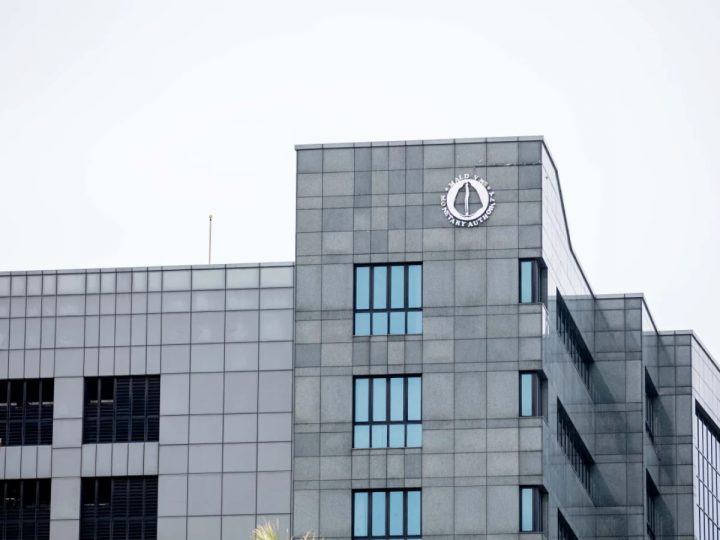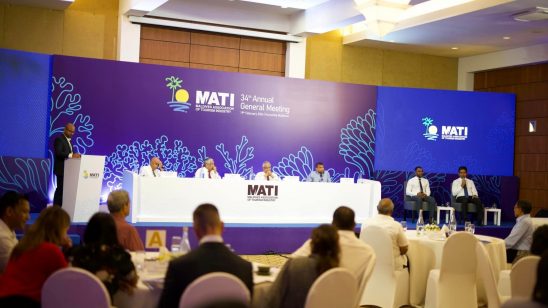
New foreign exchange policy risks collapsing Maldives’ tourism industry, economy
Government’s misguided foreign exchange policy will destroy the economy.
The government’s newly announced policy to force tourist resorts to convert US$500 per head into local Maldivian Rufiyaa will spell a disaster for the industry and the economy as a whole. There is a belief amongst certain officials and the general public that Maldives resorts are massive cash cows and that the greedy hotel owners are hoarding dollars under their mattresses without putting these into the banking system to the detriment of the country. This is being justified by producing a low quality analysis of income retention prepared by the Maldives Monetary Authority (MMA) comparing USD deposits of resorts in years from 2019 to 2023, a time when the world faced huge increases in interest rates, fuel prices and massive inflation in the price of goods and services, while average hotel rates in Maldives went down.
Nothing could be further from the truth.
With the introduction of business profits tax and personal income tax over the last decade the income and expenses of the Maldives resorts have become highly transparent. Maldives Inland Revenue Authority (MIRA) continually audits all businesses and is extremely effective at making sure businesses and individuals pay every single Laari that is due to the state. With the growth of online booking platforms such as Booking.com and Agoda the pricing being charged by the properties are transparent for all to see. The vast majority of payments are received to electronic transfers or credit card payments into the resort’s foreign currency bank accounts; people don’t travel with bags of dollars and cash payments represent a tiny fraction of the income at the resorts. All are required to keep their accounts under international USALI standards and are audited by international accounting firms annually. Resort employees derive a large part of their income from the service charge collected by the resorts – these include employees in the accounts, sales and marketing departments, and further more these employees easily rotate between different properties. The idea that resorts on a large scale can engage in hiding revenues through double invoicing or other unscrupulous practices in ways which would reduce the income of their employees, and these employees say nothing is completely absurd and illustrates a complete lack of understanding of how the tourism industry operates.
The reality is that all the revenue generated by the resorts already enters the banking system as US dollars and is flows out as US dollars. The resort’s pay their Goods and Services Tax (GST), green tax and land rents in dollars, they import their operating supplies from overseas and pay in dollars and pay their staff salaries and service charge in dollars. Fuel purchases are in dollars and vast majority of resorts have large loans to service at high interest rates, which again are paid in dollars. If after all this there is a profit, this is taxed and the tax paid in dollars. The actual rufiyaa requirement for an operating resort is low and consist largely of paying for import duties and pension contributions and various other government charges and duties. The truth is that since the pandemic most properties are struggling to make their payments and are barely profitable.
The requirement the convert US$500 per tourist (there is no distinction for children, who most resorts allow for free) into Rufiyaa is not feasible for the majority of resorts in the country. During the low season the average RevPOR (revenue per occupied room in the country hovers around US$400 per night with an average stay of 7 nights and room occupancy of 2.6, meaning the resort will have to convert US$1300 of the US$2800 they receive (45% of their revenue). The resort will still have to pay all it taxes in dollars as per current regulations, as well as its fuel and operating supply imports (which will account for most of the remaining dollar balance), which means that all staff salaries, loan repayments and any remaining profits will have to be in rufiyaa.
The problem with this is that the idea that people can then go to the banks and freely convert Rufiyaa into dollars is a fallacy – the whole point of this exercise is that the government wants the dollars to pay for its over-borrowing on wasteful vanity projects; these dollars are leaving the system in the form of state loan repayments and new capital projects and will not be available for people to freely covert back and forth. This will directly lead to a loss of foreign talent, defaults on loans and a drying up of foreign investment in the country. The root cause of the problem facing us now is not that the country is not earning enough dollars or that evil resort owners are hoarding dollars, but the rampant money printing by the Ibrahim Mohamed Solih government that created billions of new rufiyaa to spend on public sector expenditure while keeping the exchange rate fixed and borrowing hundreds of millions of dollars at high interest rates to spend on wasteful projects.
The majority of the dollars that are circulating in the black market originate from the conversions of the salaries of 20,000 local resort staff outside of the banking system – these are what is available for general trade and the public to use for their dollar needs.
Handing over whatever liquidity remains to the government without fundamental changes to the balance sheet of the country will only make things worse, not better, and damage the one sector of the economy that is keeping the country afloat – the tourism industry.






